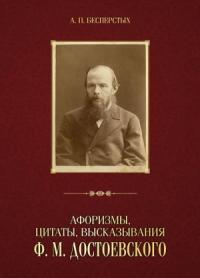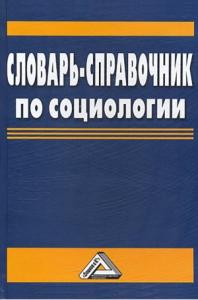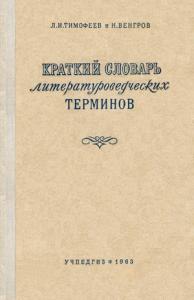
Adventism Confronts Modernity скачать fb2
Robert J. Mayer - Adventism Confronts Modernity краткое содержание
Many restorationist-oriented associations like the Advent Christian Church often embrace two conflicting principles. First, they understand the Bible's inspiration and authority in a way that minimizes the importance and value of church tradition. Second, they give high value to individual autonomy both in biblical interpretation and in church governance. Adventism Confronts Modernity describes what can happen when these principles conflict and make it difficult to resolve theological conflict. This work begins by exploring the nineteenth-century historical and theological roots of early Adventism with special attention to William Miller and the theological impact of the Great Disappointment, the failed prediction of the early Adventists that Jesus Christ would return visibly in 1843 or 1844. Subsequent chapters explore the Fundamentalist-Modernist controversies of the early twentieth century and focus on the impact of those events on the two colleges that trained Advent Christian clergy–Aurora College (now Aurora University) and New England School of Theology (later Berkshire Christian College). After discussing theological reform efforts within the Protestant mainline and fundamentalist coalitions, this book describes the conflicting views regarding the Bible's inspiration that emerged in the early twentieth century and their impact on the Advent Christian Church during the 1950s and 1960s. It concludes that further reflection is needed on both the doctrine of Holy Scripture and how restorationist movements balance Christian theology with individual and congregational autonomy.
Скачать книгу «Adventism Confronts Modernity» Robert J. Mayer
Чтобы оставить свою оценку и/или комментарий, Вам нужно войти под своей учетной записью или зарегистрироваться



